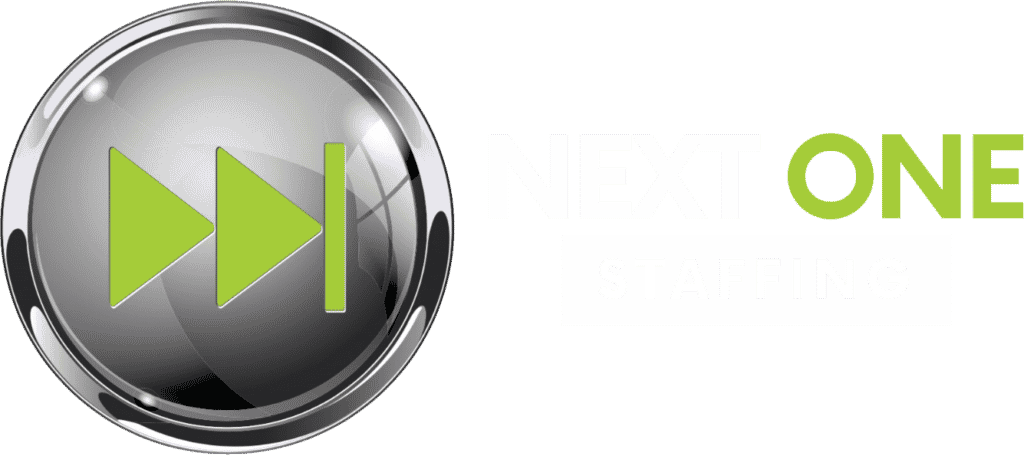The global shift toward remote work, accelerated by unforeseen circumstances, has brought about profound changes in how organizations operate. This seismic shift has not only transformed the way teams collaborate but has also significantly impacted executive search and leadership development. This blog post aims to explore the multifaceted impact of remote work on the processes of executive search, the development of leadership talent, and the evolving landscape of organizational leadership.

1. Redefining Leadership in the Remote Era
The Traditional Leadership Paradigm:
- Historically, leadership was often associated with physical presence and direct oversight. The corner office, in-person meetings, and face-to-face interactions symbolized authority and leadership.
The Remote Leadership Challenge:
- Remote work has challenged this traditional paradigm. Leaders are now tasked with fostering engagement, maintaining team cohesion, and driving organizational success in a virtual environment.
Key Shifts:
- Emphasis on Communication: Effective communication has become paramount. Leaders must leverage digital platforms, video conferencing, and asynchronous communication to keep teams informed and connected.
- Outcome-Based Leadership: With reduced visibility into day-to-day activities, leadership is increasingly measured by outcomes rather than processes. Results-driven leadership has gained prominence.

2. Impact on Executive Search Strategies
Challenges in Identifying Remote Leaders:
- Identifying leaders who excel in a remote environment poses challenges for executive search firms. Traditional markers of leadership effectiveness may need to be reevaluated.
Adaptations in Executive Search:
- Skill Emphasis: Executive search firms are placing a greater emphasis on skills such as digital fluency, adaptability, and effective virtual communication when assessing potential leaders.
- Global Talent Pool: Remote work has widened the talent pool. Executive searches can now span geographic boundaries, allowing organizations to access a diverse range of candidates with the desired skill sets.

3. Evolution of Leadership Competencies
Traditional Leadership Competencies:
- Traditional leadership competencies focused on interpersonal skills, team building, and in-person communication. The ability to inspire and lead by example was paramount.
Emerging Leadership Competencies:
- Digital Acumen: The ability to navigate digital tools and platforms is now a critical competency. Leaders must be adept at leveraging technology for communication, collaboration, and strategic decision-making.
- Adaptability: The pace of change in the remote work landscape requires leaders to be highly adaptable. Flexibility, resilience, and a proactive approach to change have become essential competencies.

4. The Role of Emotional Intelligence in Remote Leadership
Emotional Intelligence (EI) in Traditional Leadership:
- In traditional settings, leaders relied on face-to-face interactions to gauge team dynamics and address emotional nuances. EI was crucial for building rapport and fostering a positive work environment.
Challenges in Remote Settings:
- Remote work diminishes the immediacy of emotional cues. Leaders may face challenges in understanding team dynamics, detecting subtle signals, and addressing emotional needs in a virtual context.
Remote Leadership and EI Adaptations:
- Enhanced Communication Skills: Remote leaders must enhance their communication skills to compensate for the lack of physical presence. Clear, empathetic, and transparent communication becomes a cornerstone of effective leadership.
- Cultivating Virtual Empathy: Leaders need to cultivate virtual empathy—understanding and acknowledging the unique challenges team members face in their remote work environments.

5. Remote Work’s Influence on Leadership Development Programs
Traditional Leadership Development Programs:
- Traditional leadership development often centered on in-person training, mentorship, and experiential learning. The focus was on building relationships, networking, and honing interpersonal skills.
Shifts in Leadership Development Approaches:
- Digital Leadership Programs: Leadership development programs are increasingly incorporating digital elements. Virtual workshops, webinars, and e-learning modules have become integral to leadership development.
- Remote Mentorship Models: Mentorship programs have adapted to remote work, utilizing virtual platforms for mentor-mentee interactions. Remote mentorship fosters connectivity and knowledge transfer across geographic boundaries.

6. Strategies for Nurturing Remote Leadership Talent
1. Digital Leadership Training:
- Implement digital leadership training programs that focus on equipping leaders with the skills needed to excel in a remote environment. This can include modules on virtual communication, remote team management, and digital collaboration tools.
2. Cultivating Remote-Friendly Cultures:
- Foster organizational cultures that embrace and support remote work. This includes policies that prioritize work-life balance, flexible work hours, and the provision of necessary remote work infrastructure.
3. Remote Leadership Assessments:
- Develop assessment tools specifically designed for remote leadership competencies. These assessments can be used in both executive search processes and ongoing leadership development initiatives.
4. Investment in Technology:
- Provide leaders with the technology and tools necessary for effective remote leadership. This includes collaboration platforms, project management tools, and training on the use of virtual communication tools.
5. Flexible Leadership Models:
- Explore flexible leadership models that allow for a blend of remote and in-person leadership. This could involve hybrid leadership structures where leaders spend some time working on-site and the rest remotely.
6. Continuous Feedback Mechanisms:
- Establish continuous feedback mechanisms to gauge leadership effectiveness in a remote setting. This can involve regular check-ins, surveys, and open communication channels for team members to express their needs and concerns.

Conclusion: Embracing the Future of Remote Leadership
The impact of remote work on executive search and leadership development is a dynamic journey, marked by challenges, adaptations, and transformative opportunities. As organizations navigate this landscape, embracing the evolving nature of leadership in a remote era becomes paramount.
Leadership is no longer confined to physical boardrooms; it extends into virtual spaces where effective communication, digital acumen, and emotional intelligence take center stage. Executive search processes and leadership development initiatives must align with this new reality, identifying and nurturing leaders who can thrive in a world where the boundaries of the traditional office have dissolved.
In this era of remote leadership, organizations that proactively address the challenges and invest in developing leaders for a digital future will not only weather the current storm but position themselves as agile, resilient, and forward-thinking entities ready to thrive in the years to come.


























